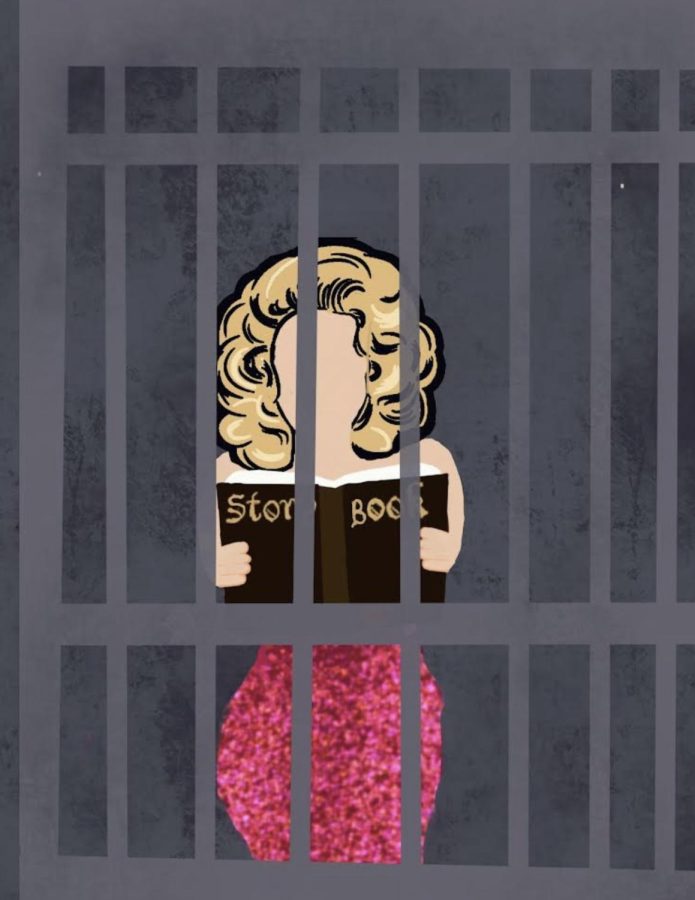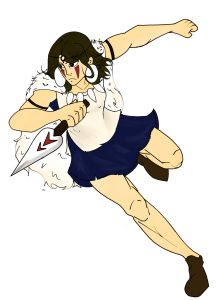Bigotry is a drag
March 21, 2023
On March 2, Tennessee passed HB 9, a law restricting adult cabaret performances from taking place in public spaces or in the presence of children. This law bans these shows from taking place within 1,000 feet of schools, public parks and places of worship. This law intends to ban something which can be perceived as harmful to minors and is considered obscene.
According to NPR, anyone who breaks these laws could face misdemeanor charges, which are punishable by a fee of up to $2,500, and/or one year in jail. In contrast, those guilty of subsequent violations could face felony charges, which are punishable by up to six years in jail. This law has impacted individuals in the LGBTQ+ community, many of whom see the law as restrictive for numerous reasons. Not only will this law prevent drag shows from taking place in various spaces, but it is also vague. Many drag performers worry that the lines of this law are hazy because drag shows are not always obscene or sexually explicit. Stella Yarbrough, legal director for the American Civil Liberties Union of Tennessee, states her concern, “government officials could easily abuse this law to censor people based on their own subjective viewpoints of what they deem appropriate.”
It is understandable why the state has bans on sexually explicit performances such as exotic dancing or performances involving nudity, as minors should not be exposed to these kinds of shows. But to ban drag shows in public spaces is taking steps backward in inclusivity. According to the bill, this ban includes “male or female impersonators who provide entertainment that appeals to a prurient interest, or similar entertainers, regardless of whether or not performed for consideration.” This section of the bill is extremely unclear, as it is subjective whether something can be seen as prurient or not, and because “similar entertainers” is not a clear enough definition of what is legal under this bill. Many see drag as prurient or sexual, while others see it as an expressive art form. Tennessee’s law intends to protect its minors and the public from witnessing sexually explicit performances, but drag itself is not something sexually explicit. Publicly performing in dramatic makeup and cross-dressing should not be a crime. With this law, the lines are beginning to blur, and many see this ban as a subtle attack on trans people.
After the Governor of Tennessee, Bill Lee signed this law into action, a yearbook photo of him resurfaced online. The photo shows him in drag, wearing a dress, on a football field. Lee says there is a huge difference between wearing a dress at a football game and drag queens wearing a dress on stage. Hella Skeleton, a drag performer in rural Middle Tennessee, states how that line is not clear. “For Bill Lee to say, ‘You know, that was lighthearted when I did it,’ that is absolutely absurd when a lot of drag is extremely lighthearted.”
Drag is a form of expression and entertainment. To ban it from public spaces, especially in such a subjective way, is harmful to the LGBTQ+ community, as it serves as an outlet for many to experiment with gender identity and expression in a safe space. With this new law, Tennessee is becoming a place where drag is tainted with stereotypical labels and is still surrounded by stigma.
This law is not keeping minors’ best interests in mind, as it is allegedly intended to do. This law is pushing discrimination toward drag, moving us away from the inclusivity of the LGBTQ+ community. Is this the kind of world we want our children to grow up in?










